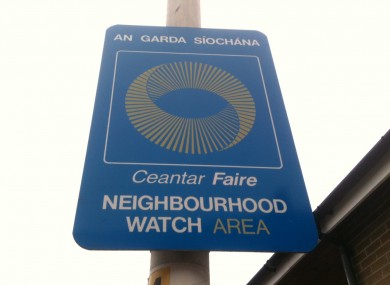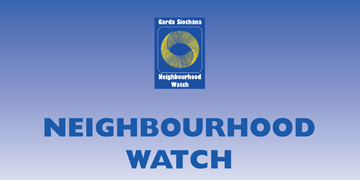Following article from Riskmanager.ie website:
It is generally accepted within society that the security of body, health, family, and property, is a significant personal need. Research indicates this personal need is being threatened as there is a significant fear of crime within Irish society. Fear of crime, according to research, can have significant affects on ones general wellbeing and mental health.
The crimes which society generally fear include their home or business being broken into, being mugged or robbed, their car being stolen or items being stolen from their car, and being attacked or assaulted on nights out. Unfortunately a complete crime free society will never exist. Crime prevention cannot be solely the responsibility of the state, and those living and working within communities should take a proactive supportive and co-operative role in crime prevention.
Leading academics suggest crime is linked to the lifestyle of victims and their routine activities, they examine crimes as events, occurring at specific locations in space and time, involving specific persons and/or objects, furthermore they suggest professional and opportunist criminals make rational choices in their decisions to commit crime. Most criminals make a rational choice to commit, or not commit a crime. However, their rational choice decision making may be facilitated by people, home, and business owners, through providing the criminal with the opportunity to commit crime.
Opportunity is their key ingredient, professional criminals will seek out opportunity and amateur criminals will seize opportunity.
It is generally accepted that for most situational crimes to be committed, three aspects are required, a motivated offender, a suitable target, and the absence of a capable guardian. A motivated offender is those who are not only capable of committing crime, but also willing to do so. Suitable targets can be individuals or property which is attractive to the motivated offender. Capable guardians can include, but not limited to, neighbours and parents, neighbourhood and business watch programmes, electronic and hardware security objects and systems, and public and private policing patrols. While people, home, and business owners, may have no control of the motivated offender, they can control the opportunity presented to the motivated offender by ensuring capable guardianship of their suitable targets.
It is important to look after the security of yourself, your property, your home, and/or business, it also important to encourage others in your community to do likewise. Where there is limited community security buy-in, there is a risk of displacement occurring. Criminals seek opportunity, if you reduce the opportunity for crime occurring in your environment, and others do not, criminals will simply move to the next suitable target which presents opportunity, thus causing displacement. Displacement may reduce crime solely to individuals and their home, property, and/or business, but it may not reduce the overall crime problem in communities which may lead to crime victimisation and increase the fear of crime.
This article has provided a very brief overview the process most criminals go through when deciding to commit situational crime acts, their key ingredient is opportunity. It is possible to reduce the fear of crime and decrease the chances of being a crime victim, but only if you remove opportunity to criminals. If your attractive targets do not have adequate capable guardianship, you may be providing criminal opportunity to motivated offenders, thus increasing the risk of being a victim of crime.
By: Declan Garrett MSc, M.Sec.I.I. – Security & Risk Management Consultant


